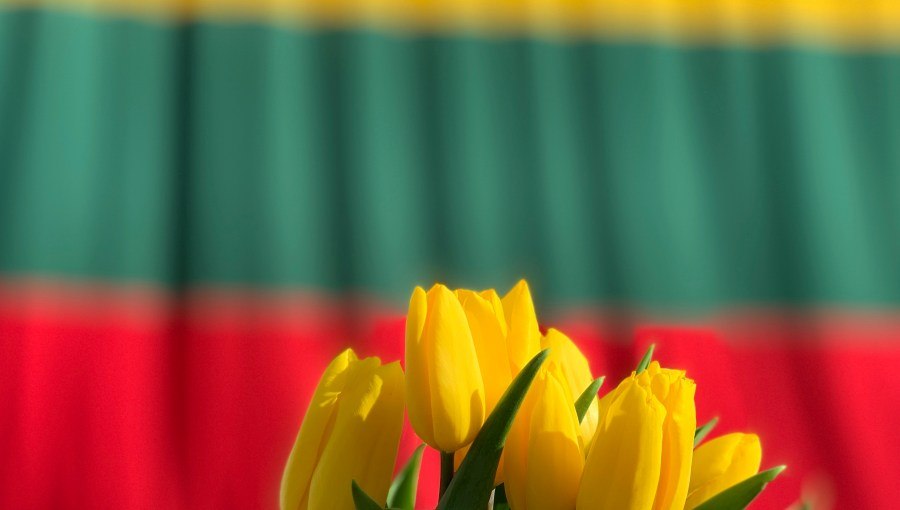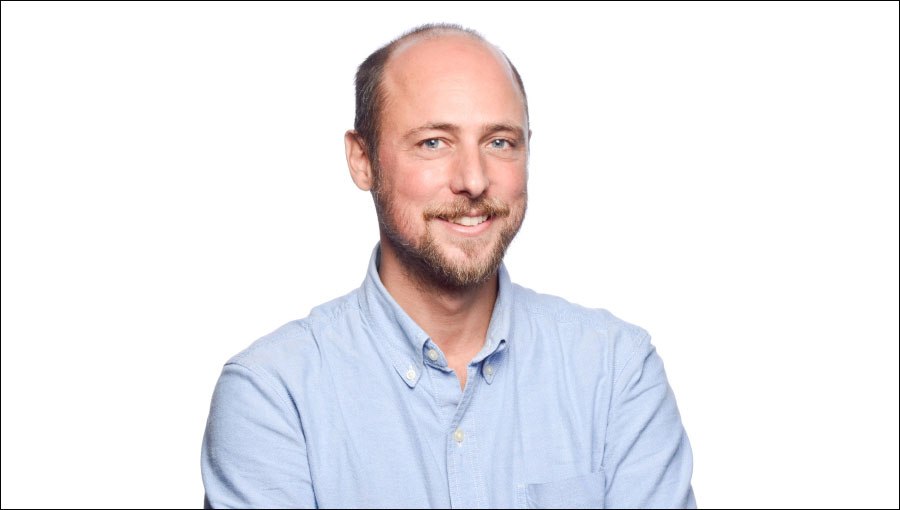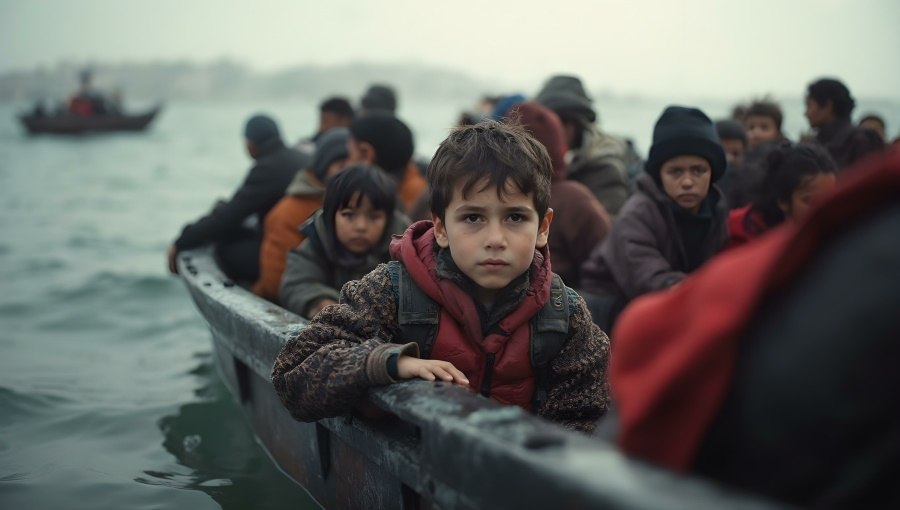Meet Patrizia Feletig and Amy Rosenthal, Members of the Guarini Institute Advisory Council
Half Italian half Swiss, Patrizia Feletig is a journalist who mainly covers technology and the environment. She is co-author with Chicco Testa of books on nuclear and renewable energies. Amy Rosenthal is an American journalist who spent two years as a correspondent in Israel. She recently wrote the introduction to a book by U.S. historian Paul Coyer. Both are new members of the Guarini Institute Advisory Council.
Tell us about your background/your experience as a journalist.
Feletig: After my degree in Economics and Business Finance, I worked in the banking sector with Morgan Guaranty Trust, then I moved into the financial communication field with the Shandwick Group and later on I got involved in the energy sector (Forum Nucleare, Assoelettrica, Sogin). In the meantime, I collaborated on a freelance basis with La Repubblica, Il Manifesto, Sussidiario.net covering mainly tech and environmental issues.
Since my beginning in journalism, the profession has changed profoundly not only due to the advent of digital technologies but notably for the disintermediation brought by social media and chat platforms which have transfigured the way people get informed. Therefore, the journalist is no longer perceived as the gatekeeper of information but has a hard time to earn the attention and trust of the public amid a buzz of information overload: good, bad, excellent, fake, sensationalistic, approximate, biased news. If it is hard for the reader, it is an even greater challenge for honest journalists.
Rosenthal: I was born in the Midwest and raised in a very effervescent environment full of lively conversation and laughter. I can’t remember a day without seeing either of my parents reading newspapers. Reading and being active was always encouraged while the TV – what they referred to as the “idiot box” – and being idle were greatly frowned upon. Given this milieu, I guess it’s no accident that I developed a deep appreciation for words and languages, a passion for history and politics and, in the end, became a “globe-trotter.”
I started my B.A. in Madison, WI, and during a semester abroad fell in love with Rome and then finished at John Cabot with a B.A in International Affairs. Thereafter, I moved to London in order to pursue my graduate studies. I obtained my Master’s degree in Comparative Politics at the London School of Economics and Politics and later a Ph.D. in Contemporary European History at Queen Mary College (University of London).
My career in journalism began in Rome where I covered the Vatican for ABC News (yes, television…GASP!), but quickly moved to print. I have penned articles for the following publications in Italy: Italianieuropei, Reset, Panorama, Libero, L’Opinione and Il Foglio (2005-2011). At Il Foglio, I wrote extensively on U.S. and Israeli politics, which included interviews with numerous political and policy analysts including the late Shimon Peres, Tzipi Livni, Natan Sharansky, Michael Oren, Dennis Ross, Liz Cheney, etc. In addition, I conducted numerous interviews with scholars and authors such as Bernard Lewis, Harold Bloom, Mario Vargas Llosa, Azar Nafisi, etc. During my time at Il Foglio, I spent the years of 2006-2008 as a correspondent in Israel and covered the Second Lebanon War. In Israel, I have written for The Jerusalem Post, Azure: Ideas for the Jewish Nation and continue to contribute pieces to the Times of Israel. In the U.S., my articles have appeared in The World Jewish Digest, The New York Sun, The Weekly Standard and The International Journal of Security Affairs (The American Foreign Policy Council).
As a member of the Advisory Council of an institute that deals with international relations, and as a journalist, you are knowledgeable about foreign affairs. What are your feelings regarding the current situation in Iran?
Feletig: My belief is that American sanctions are bringing high suffering to the Iranian people without success in forcing the government back to the table for negotiations, which is really disappointing and, lately, even frightening (if we weren’t continuously absorbed by mass distraction like Russia Gate, Trump Impeachment and now Coronavirus Outbreak). It’s a highly complex situation. I perceived it mainly as a theocracy that was authoritarian and mingling with terrorism.
Rosenthal: I really feel bad for the Iranian people. I would like to see their country prosper and boom again. In addition, I would like to see peaceful relations between Israel and Iran, and for these two nations to return to the close diplomatic and commercial ties, which existed prior to the Iranian Revolution and the fall of the Pahlavi dynasty in 1979. Ironically, and despite the Islamic Republic of Iran’s vitriol vis-à-vis Israel, it was the second country in the region to recognize Israel as a sovereign state in 1950. Moreover, Iran and Israel share much in the way of culture and history, which in my humble opinion represents a strong foundation for these two nations to build a future free of tensions and more importantly, to create throughout the Middle East and abroad numerous possibilities in various sectors, including agriculture and health where they formerly cooperated. My dream is to see such an alliance resume in my lifetime.
I believe that the West must stand firmly against Iran’s clerical regime, which murders its own people, is the world’s foremost state sponsor of terrorism, unwaveringly vows to destroy Israel, and is destroying the country’s environment and natural resources (it even imprisons environmentalists/conservationists).
Again, I reiterate, the Iranian people are suffering. The mismanagement of their country at the hands of this corrupt regime has led to widespread inflation and has thrown millions of Iranians into poverty throughout the last year alone. We, in the West, mustn’t allow the Iranian people to feel that they are alone in their fight. They need our encouragement and full support.
Tell us about your publications.
Feletig: I am co-author with Chicco Testa of books on nuclear energy, Tornare al Nucleare, renewable energies, Chi ha ucciso le rinnovabili? and a pamphlet against the current belief that everything that is beneficial is natural, also available in English “Against (the)Nature: Why Nature is neither kind, nor fair nor beautiful.” As a divertissement, I wrote an unconventional guide to Rome to boost film tourism: Discover Rome with James Bond.
Rosenthal: Most recently, I wrote the introduction to U.S. historian Paul Coyer’s book, L’etica del nazionalismo (The Ethics of Nationalism), Edizioni Mondo Nuovo, 2020. I contributed the chapter “Il voto ebraico: Israele e Stati Uniti in prospettiva” (The Jewish Vote: Israel and America in Perspective) in the book L’eredità di Obama, L’America di Trump (Obama’s Legacy & Trump’s America), Il Rubbettino, 2017. In addition, I published a work on contemporary Italian history, entitled, Il Partito d’Azione e la diaspora degli Azionisti (The Action Party and the Diaspora of the Actionists), Eurilink Editori, 2010.
I have translated into English two books by Italian journalist and former parliamentarian Fiamma Nirenstein: The Caliphate and the Ayatollah: Our World under Siege, ISGAP, 2018 and Israel Is Us, Jerusalem Center for Public Affairs, 2009. My translations have also appeared in the following books published by the Jerusalem Center for Public Affairs: Lessons from Israel’s Response to Terrorism (2017) and Mission Impossible? Repairing the Ties between Europe and Israel (2018).
Future projects?
Feletig: With Chicco Testa, we just launched a network of people from different professional backgrounds aimed at promoting a reasonable and pragmatic environmental narrative to counterbalance the mainstream apocalyptic claims and media exaggerations. Climate change is a real worldwide problem without a clear solution. However, climate panic is useless and even counterproductive. Half of the global carbon emissions were produced after the end of the nineties, when scientists had already warned public opinion and governments promised to act.
The Guarini Institute at John Cabot University is currently facing a reshuffle that will result in a majority of women present in its Advisory Council. What are your thoughts about this?
Rosenthal: I don’t think intelligence has a sex. Whether you are a man or a woman should be irrelevant.






